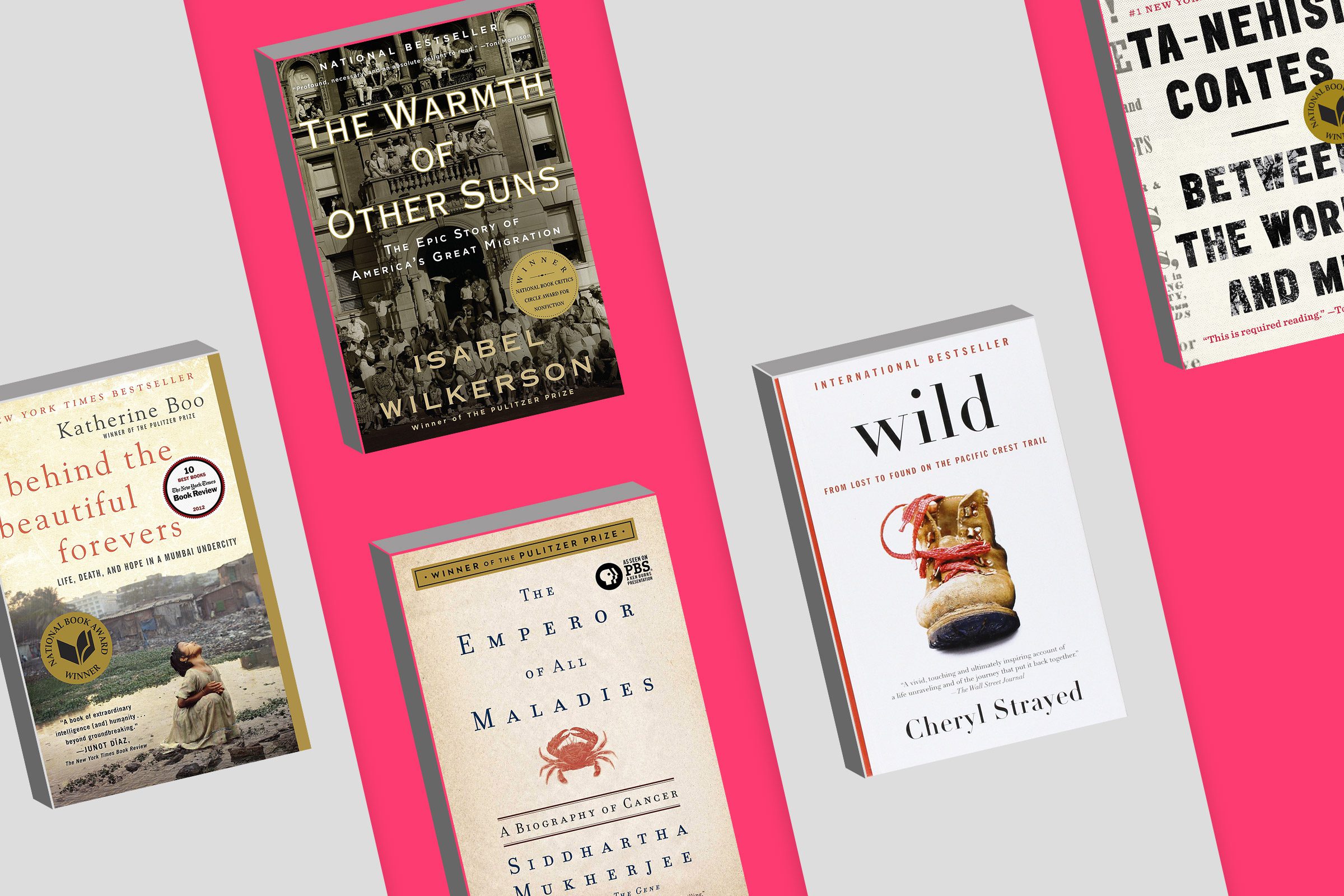Looking to expand your horizons? The last decade has produced some incredible non-fiction books that provide fascinating insights into a range of topics. From the history of humankind to the American criminal justice system, from cancer research to end-of-life care, there’s something here for everyone. Explore a Silicon Valley scandal with Bad Blood, or learn about the decline of the white working class with Hillbilly Elegy. Sapiens will take you on a journey through human evolution, while Just Mercy chronicles the experiences of a lawyer fighting for justice. Whatever your interests, these ten titles are a must-read.
The 10 Best Non-Fiction Books of the Decade You Need to Read
Non-fiction books are a great way to broaden your knowledge and understanding of a variety of topics. Here are ten of the best non-fiction books from the last decade that are a must-read for anyone interested in expanding their horizons.
1. Sapiens: A Brief History of Humankind by Yuval Noah Harari
This book provides a fascinating overview of the history of humankind, from our evolution in Africa to the present day. Harari makes compelling arguments about how our species has developed and discusses our future prospects.
2. Bad Blood: Secrets and Lies in a Silicon Valley Startup by John Carreyrou
This unsettling exposé tells the story of the rise and fall of Theranos, a much-hyped Silicon Valley startup that promised to revolutionize medical testing. The company collapsed amidst accusations of fraud and deception.
3. Just Mercy: A Story of Justice and Redemption by Bryan Stevenson
Stevenson’s memoir recounts his experiences as a lawyer fighting for the wrongly convicted and unfairly sentenced. It’s an inspiring and eye-opening account of the injustices of the American criminal justice system.
4. Educated by Tara Westover
In this powerful memoir, Westover describes her journey from growing up in a strict, isolated household in rural Idaho to earning her PhD at Cambridge University. The book is a testament to the transformative power of education.
5. The Immortal Life of Henrietta Lacks by Rebecca Skloot
This book tells the story of Henrietta Lacks, a woman whose cancer cells were taken without her knowledge and used for medical research. Skloot delves into the ethical issues raised by this case and its impact on medical science.
6. The Sixth Extinction: An Unnatural History by Elizabeth Kolbert
Kolbert argues that we are in the midst of a sixth mass extinction, caused by human activity. She examines the evidence for this claim and considers what we can do to prevent further damage to the planet.
7. The New Jim Crow: Mass Incarceration in the Age of Colorblindness by Michelle Alexander
This influential book examines how the American criminal justice system has become a new form of racial control, reminiscent of the Jim Crow laws of the past. Alexander argues that the war on drugs has been used to disproportionately target black Americans.
8. The Emperor of All Maladies: A Biography of Cancer by Siddhartha Mukherjee
This Pulitzer Prize-winning book provides a comprehensive history of cancer, from its earliest recorded instances to modern-day treatments. Mukherjee writes eloquently about the bravery and resilience of cancer patients and the ongoing search for a cure.
9. Being Mortal: Medicine and What Matters in the End by Atul Gawande
Gawande’s book is a sensitive and thought-provoking exploration of how we can improve end-of-life care for patients. He considers how doctors and families can work together to ensure that patients receive the care and dignity they deserve in their final days.
10. Hillbilly Elegy: A Memoir of a Family and Culture in Crisis by J.D. Vance
In this memoir, Vance describes his experiences growing up in a working-class family in rural Ohio. He examines the social and economic factors that have led to the decline of the white working class and the rise of political populism in America.
Conclusion
If you’re looking to expand your horizons and learn something new, these ten non-fiction books are a great place to start. With topics ranging from history to science to social justice, there’s something here for everyone.
